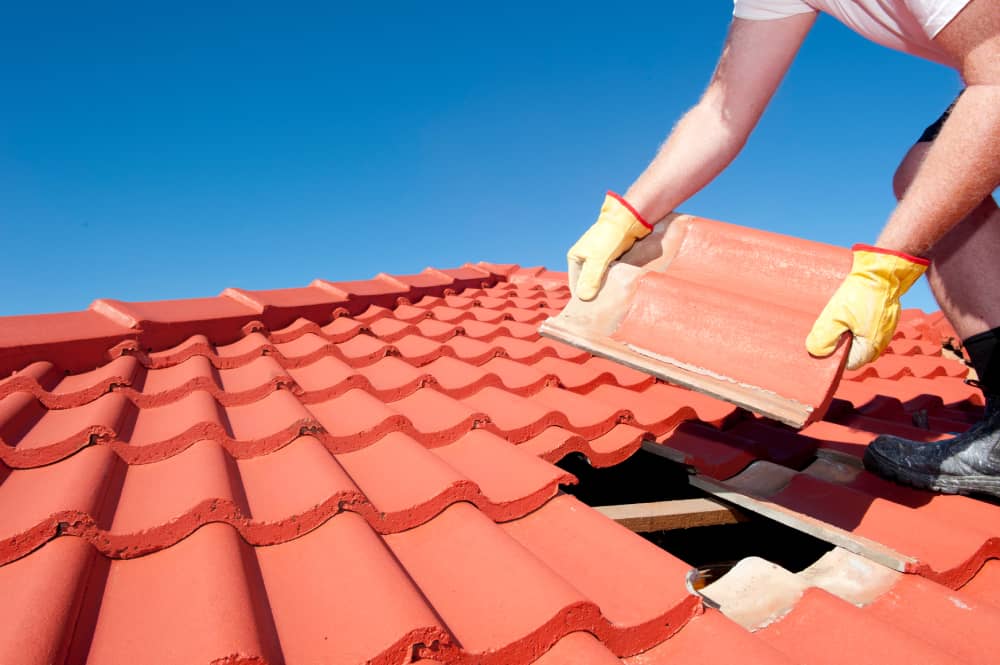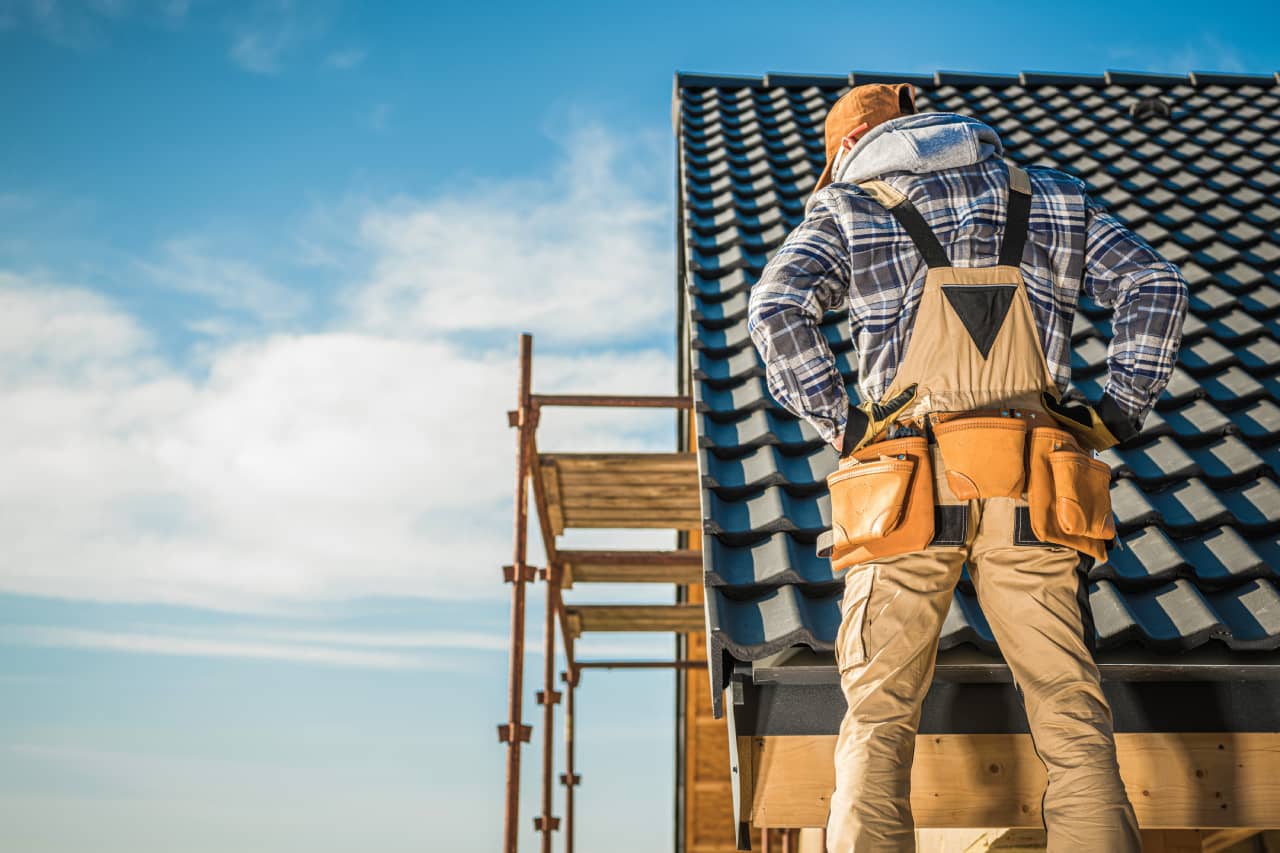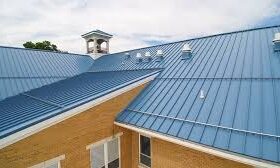A roof replacement project is a significant undertaking and an inevitable necessity if you own property. It’s also an opportunity to choose the right coverage to protect your long-term investments and belongings. The type of roof you choose will ultimately impact your maintenance needs and the length of time before you need to repeat the process.
Choosing the right type of roof requires careful consideration and an expert perspective. Here are some key factors to keep in mind when choosing a replacement roof.
Consider the Existing Material and Structure
One of the most influential factors when determining what type of roof to put in place will be the existing structure and material. Several variables impact whether you can change roofing materials or not.
According to the experts at Florida Southern Roofing – commercial roof replacement in Sarasota, FL, the structure of your roof could limit your upgrade options. For example, a commercial property with a flat roof will require materials that work with a low-grade roofing setup. Fortunately, there are plenty of innovative upgrades that enhance the value and protect a property of this nature.
Another consideration is the age and load-bearing capabilities of your existing roof. If you have an older home with shingles and want to upgrade to slate, you’ll likely require additional structural work to support the increased weight.
Consider Your Long-Term Plans
When deciding which type of roofing material is right for you, it’s also wise to consider your long-term plans. Do you plan to be in this building for the coming decades, or do you plan to sell within the next ten years?
If you plan on moving, it makes sense to invest in a high-quality, shorter-term solution. Conversely, if this is your forever home, investing in a roofing material that providers a longer-term return on investment makes sense.
Many homeowners are upgrading to metal roofing. While this durable material adds value to the home, the return on investment is likely insufficient if you plan to replace the roof to sell immediately.
Consider Your Budget
Investing more in a high-quality, durable roof is well worth the expense. However, spending more upfront isn’t feasible for everyone. When evaluating roofing materials, consider your budget versus the perceived value of the material.
Metal roofing costs significantly more money than traditional asphalt shingles but also offers an additional twenty years of coverage. Paying more now means paying less over time.
If your home has enough equity and you plan on staying indefinitely, consider drawing some to reinvest in the property.
Consider the Local Climate
The local climate should also impact your decision when choosing a roofing material. Asphalt shingles don’t last as long in hot, dry climates. Terra cotta tiles do well in hotter climates but are prone to leaks and weight concerns in snowy areas.
When in doubt, ask a local roofing expert for their recommendations based on your weather.
Compare the Pros and Cons
Once you’ve narrowed down your roofing options, weigh the pros and cons of various materials. For example, if you have a flat roof, you could choose between a built-up roof (BUR), modified bitumen, or EPDM.
A BUR is the most affordable but also the heaviest and may require additional underlying structural work. Modified bitumen is easy to install and has energy-saving properties but isn’t as durable as other materials. Finally, EPDM is easy and low-maintenance but absorbs heat and is susceptible to punctures.
There’s no simple right or wrong answer when choosing the right type of roofing material— it’s all based on your needs, budget, and preferences.













